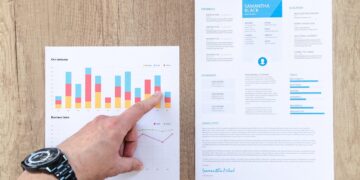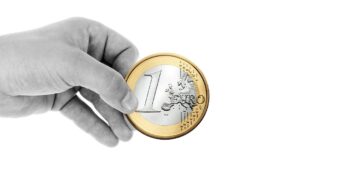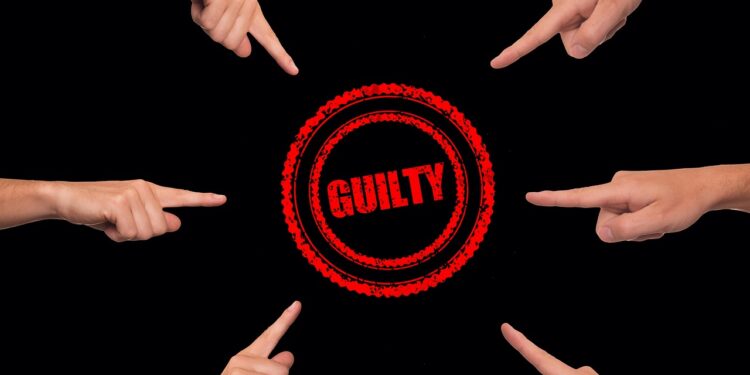Effective Debt Repayment Strategies: Secrets to Financial Freedom
Debt can often seem like a heavy burden, weighing down your financial aspirations and hindering your journey towards financial freedom. Effective debt repayment is more than just paying off what you owe; it’s a strategic pathway that leads to a more secure financial future. In this comprehensive guide, we’ll explore several proven strategies to help you manage and eliminate your debts more efficiently.
Understanding Your Debt
Before diving into repayment strategies, it’s crucial to have a complete understanding of your debt. List out all your debts, including credit card balances, student loans, mortgages, and any other personal loans, noting their interest rates, balances, and monthly payments. This complete view helps prioritize which debts to tackle first, a core element for a strategic repayment plan.
The Snowball vs. Avalanche Methods
The Debt Snowball Method: This method involves paying off your debts from the smallest balance to the largest, regardless of interest rates. The psychological wins of clearing smaller debts quickly provide greater motivation to tackle larger debts.
The Debt Avalanche Method: Contrary to the snowball, the avalanche method prioritizes debts with the highest interest rates first, potentially saving you more in the long run by reducing the amount of total interest paid.
Creating a Budget and Setting Goals
A crucial step in effective debt repayment is creating a realistic budget that covers your essential expenses while allocating sufficient funds towards paying off your debts. Utilize budgeting apps or templates to track your income and spending. Set clear, achievable goals for debt repayment, such as paying off a specific debt amount each year. These goals will keep you focused and motivated.
Increasing Your Debt Repayment Capacity
Increasing your income can accelerate your debt repayment journey. Consider side gigs, freelance opportunities, or even selling unused items. Conversely, reducing expenses by cutting unnecessary spending can free up more funds for debt repayment. Prioritize essentials, and seek cost-effective alternatives for discretionary expenses.
Utilizing Debt Consolidation
Debt consolidation can be a viable strategy for those juggling multiple high-interest debts. It involves combining these debts into a single loan, ideally with a lower interest rate, simplifying your payments and potentially reducing the cost over time. Carefully consider the terms of consolidation loans to ensure they offer genuine benefit over your current situation.
Debt Settlement Negotiations
If you find yourself in a particularly tight financial spot, debt settlement might be an option. This involves negotiating with your creditors to accept a smaller payment as settlement of your entire debt. It can adversely affect your credit score but can also provide a way out of overwhelming debt. Be sure to consult with a financial advisor to understand the implications fully.
The Role of Credit Counseling
Non-profit credit counseling agencies can provide valuable assistance, offering debt management plans (DMPs) that consolidate your debts without a loan. They can also help you negotiate lower interest rates and payments. Credit counseling can offer a structured way to address debt while providing education on better financial management practices.
Balancing Debt Repayment with Savings
While it’s important to prioritize debt repayment, maintaining some level of savings for emergencies is also crucial. An emergency fund can prevent you from taking on new debt in case of unexpected expenses. Aim to save at least $1,000 or a month’s worth of expenses while you pay off debt.
Monitoring Your Progress and Adjusting Accordingly
Keep a close eye on your debt repayment journey. Regularly checking your progress can help you stay on track and make adjustments when necessary. Celebrate milestones to keep motivated. If you find that a particular strategy is not working as planned, don’t hesitate to reassess and tweak your approach.
Frequently Asked Questions (FAQs)
What should I do if I can’t keep up with my debt repayments?
If you’re struggling to meet your repayment obligations, contact your creditors to discuss alternative arrangements or seek professional help from a credit counseling service.
Is it better to pay off debt or save money?
While both are important, prioritizing high-interest debt repayment usually saves more money in the long run. Simultaneously, ensure a modest emergency fund is in place to cover unexpected expenses.
Conclusion
Mastering effective debt repayment strategies is crucial for achieving financial freedom. By understanding your debts, creating a feasible budget, and exploring various repayment methods, you can carve a path to a debt-free life. Remember, the journey to financial freedom isn’t a sprint; it’s a marathon that requires persistence, discipline, and the right strategies in place.
Armed with these tips and a solid plan, you’re well on your way to regaining control of your financial destiny and paving the way toward long-lasting financial health and security.



























































